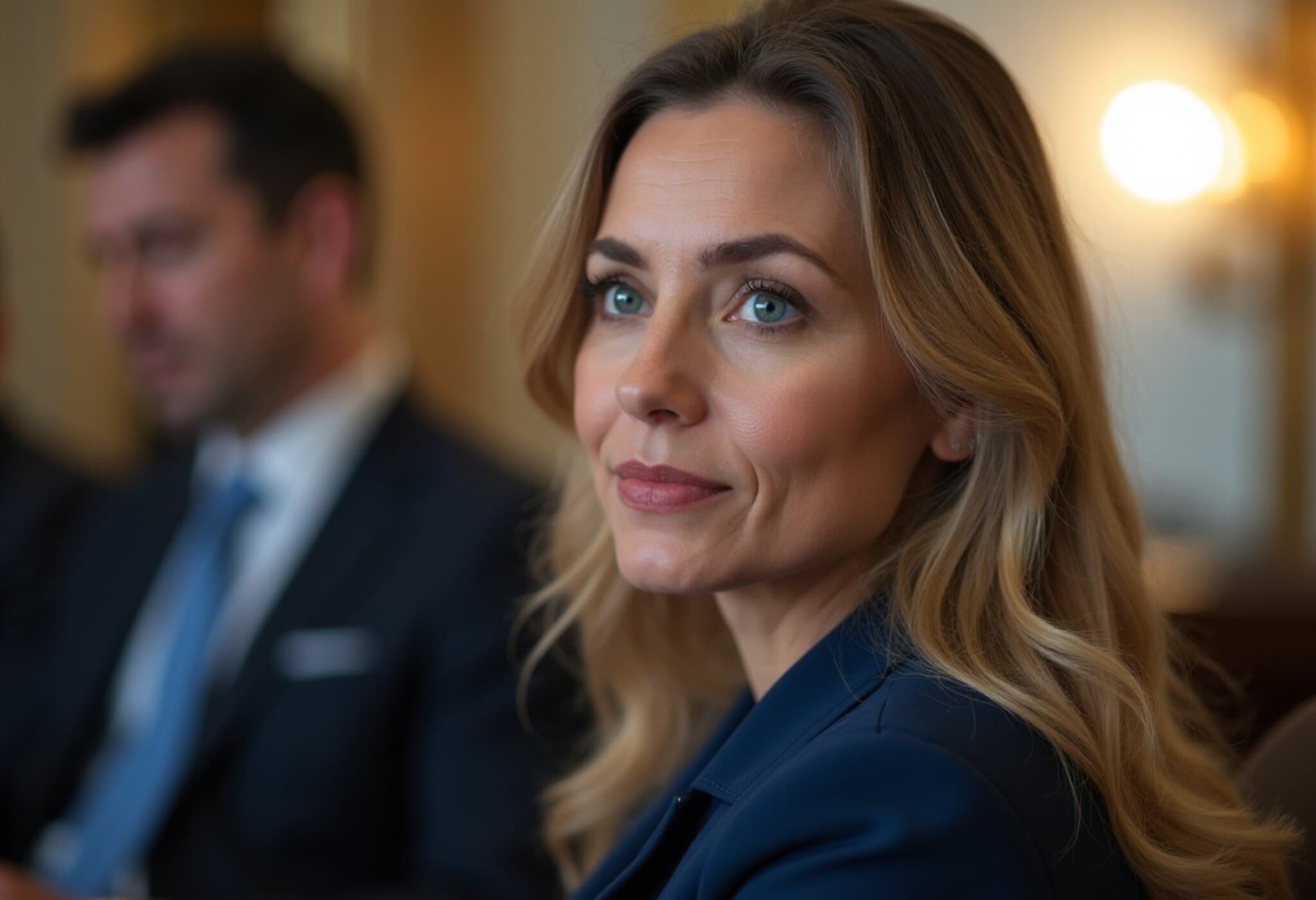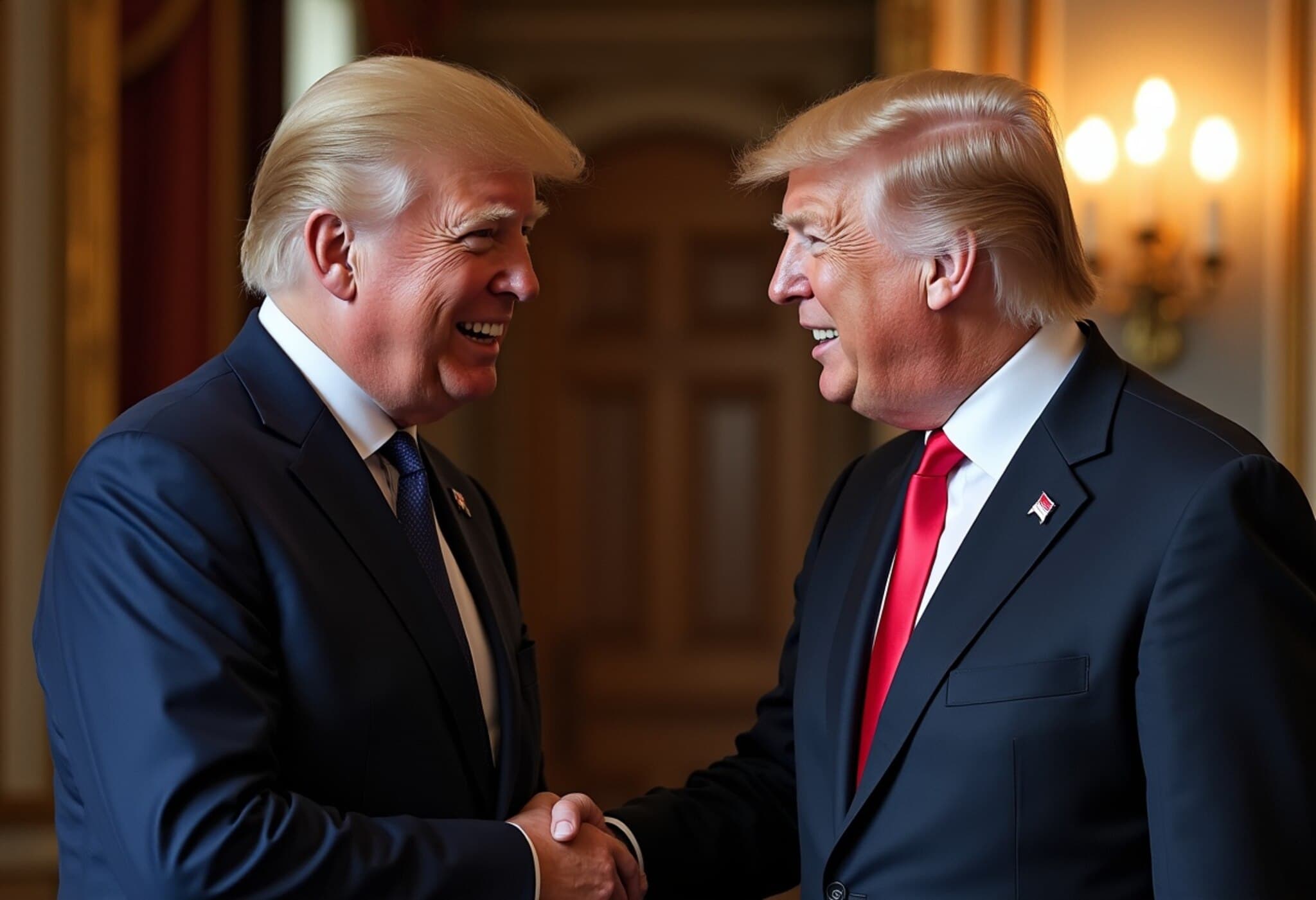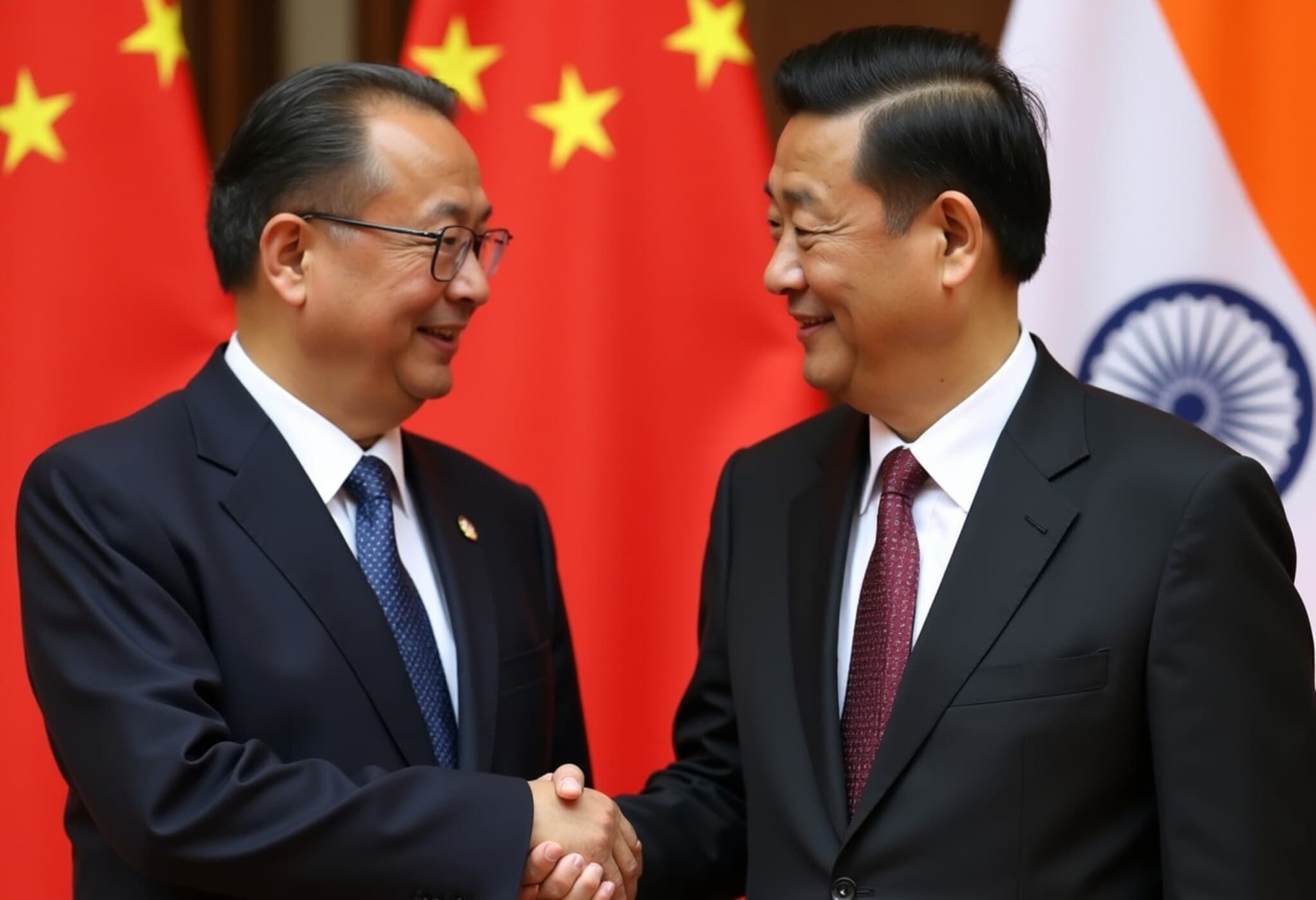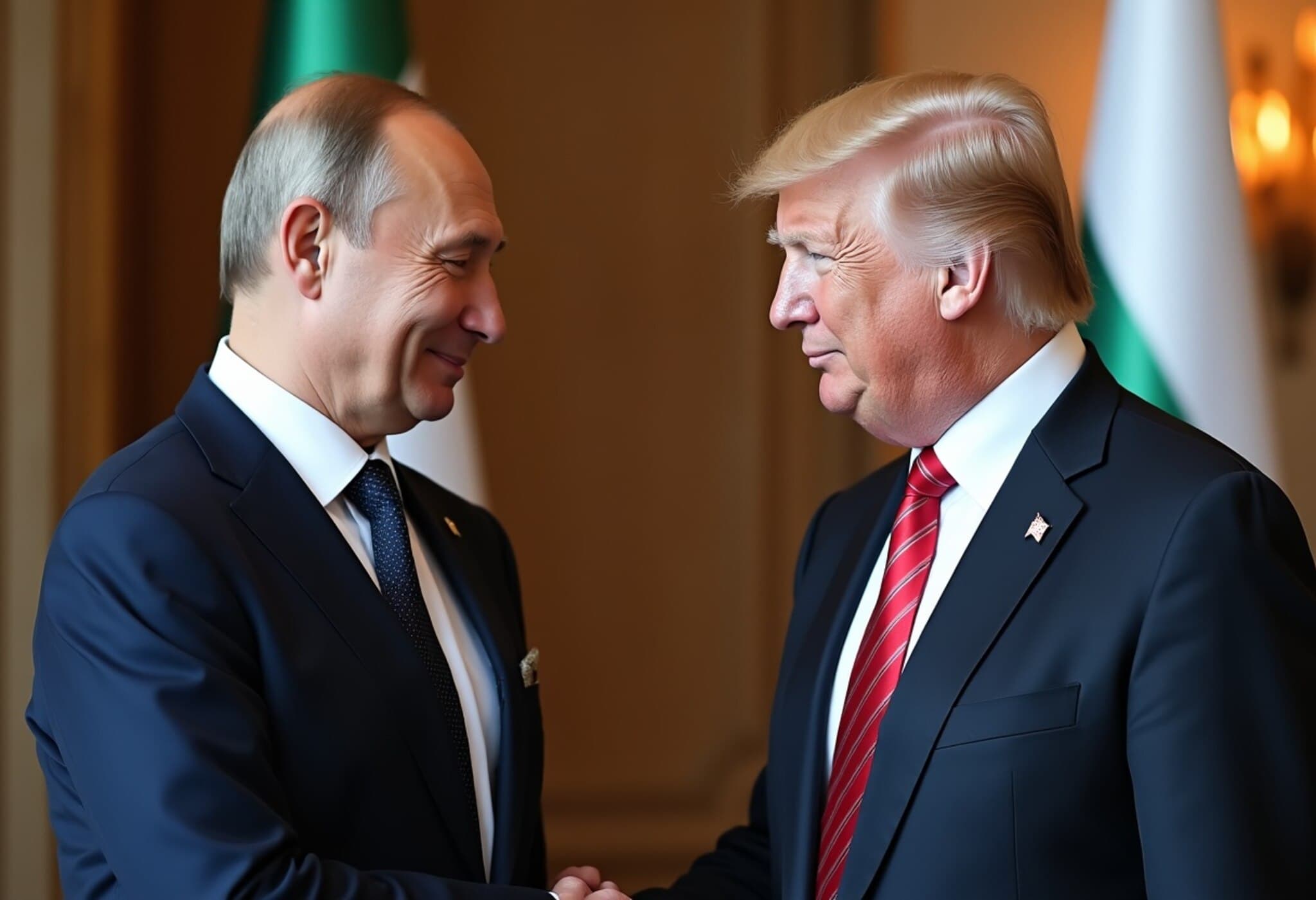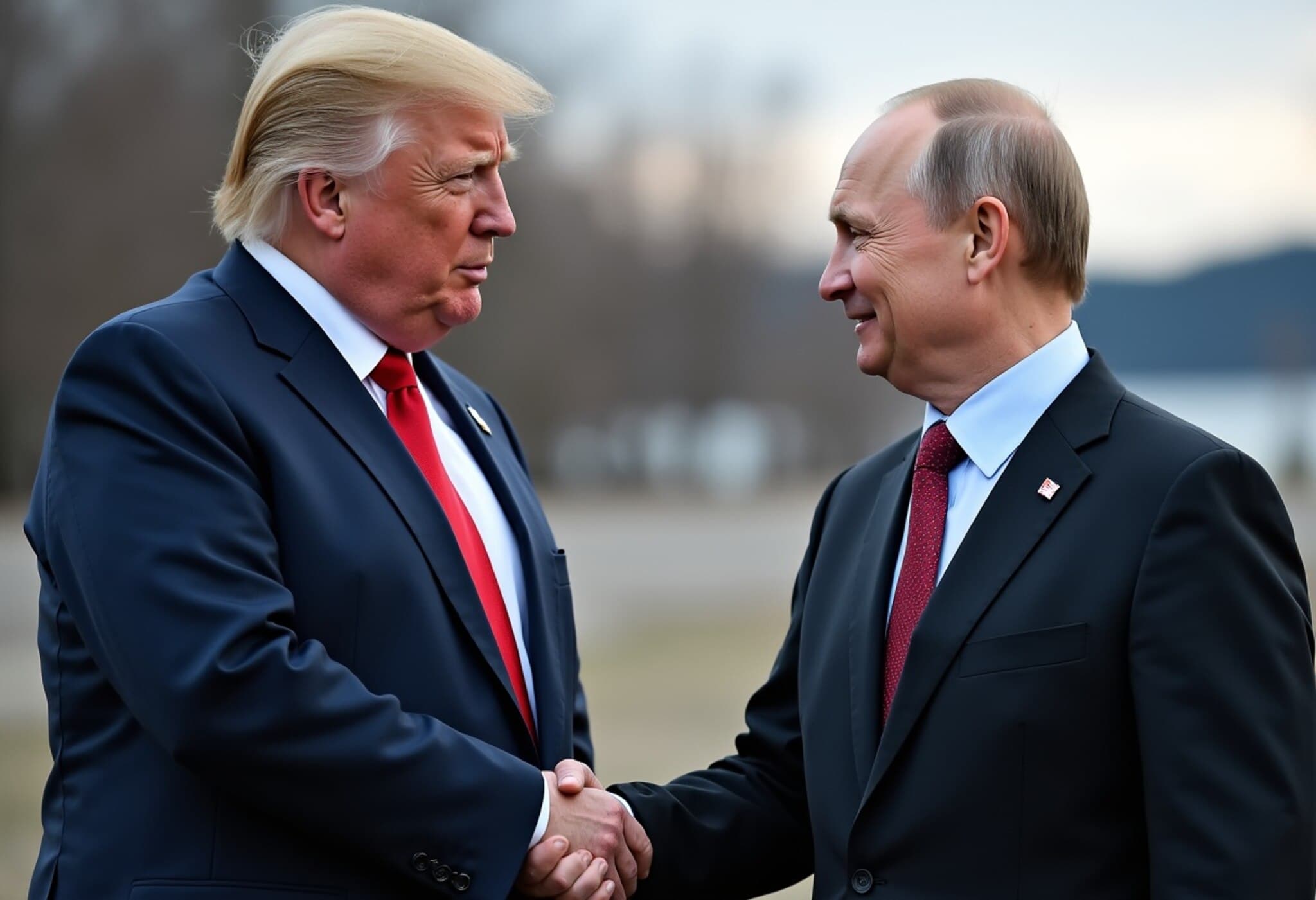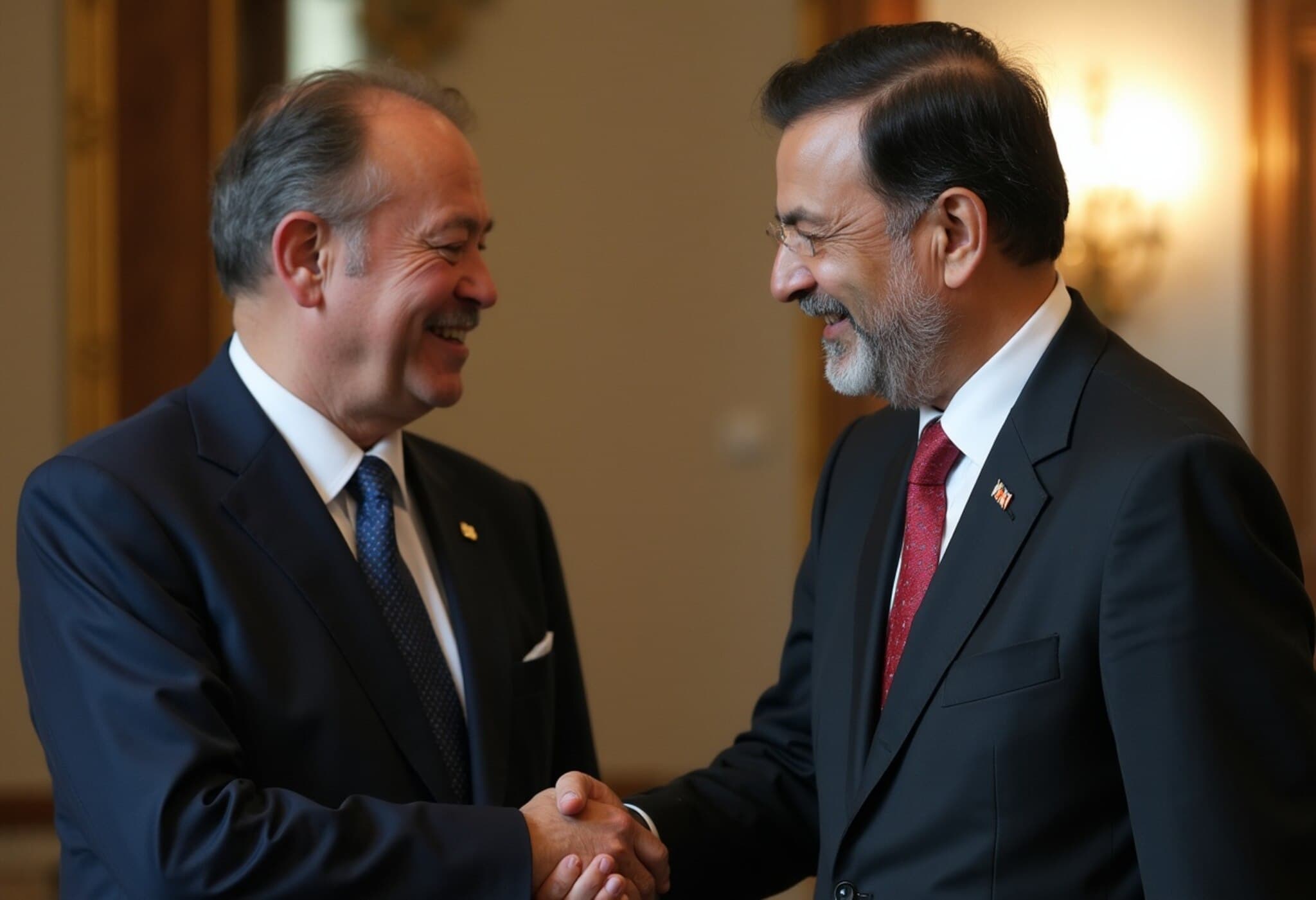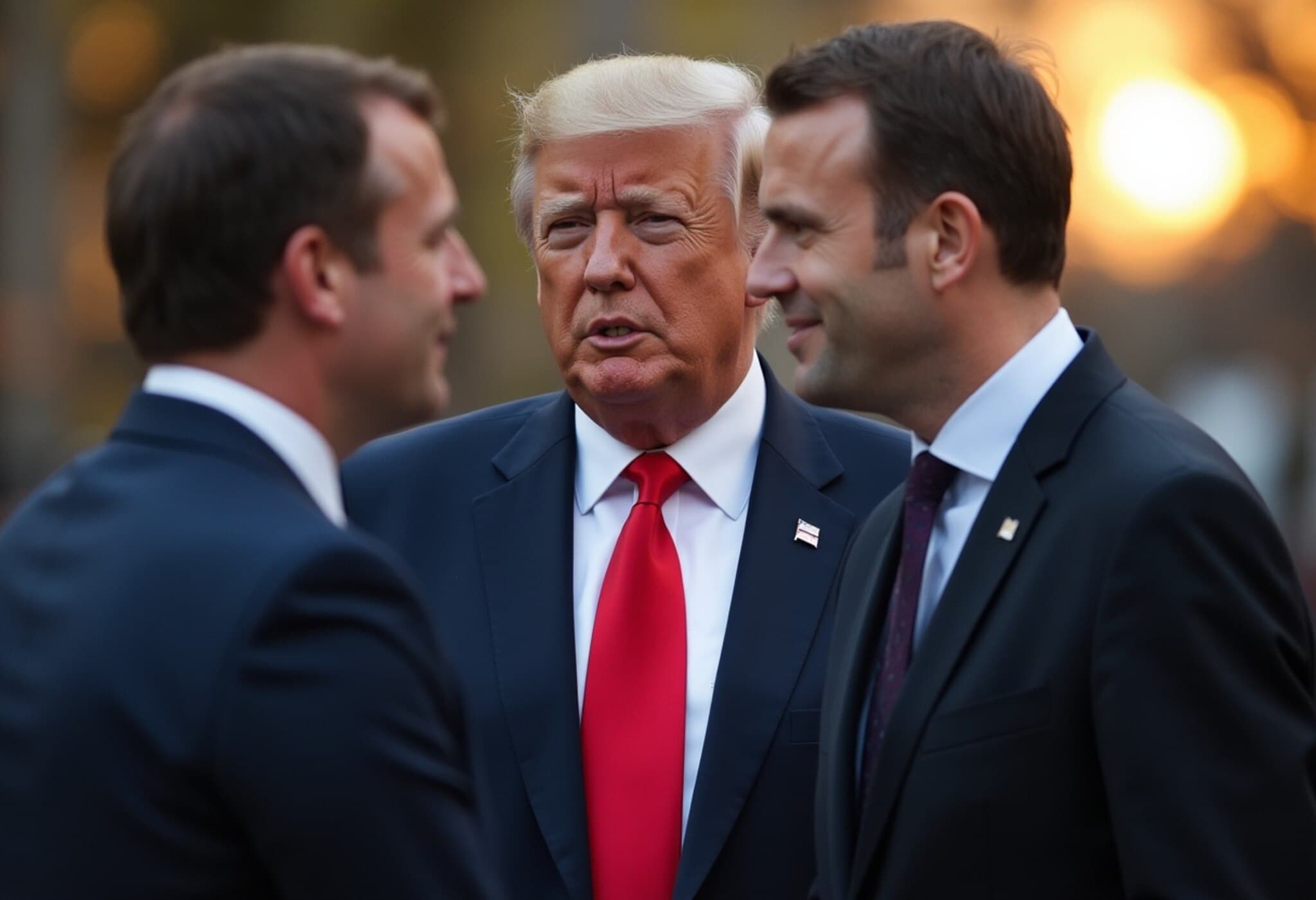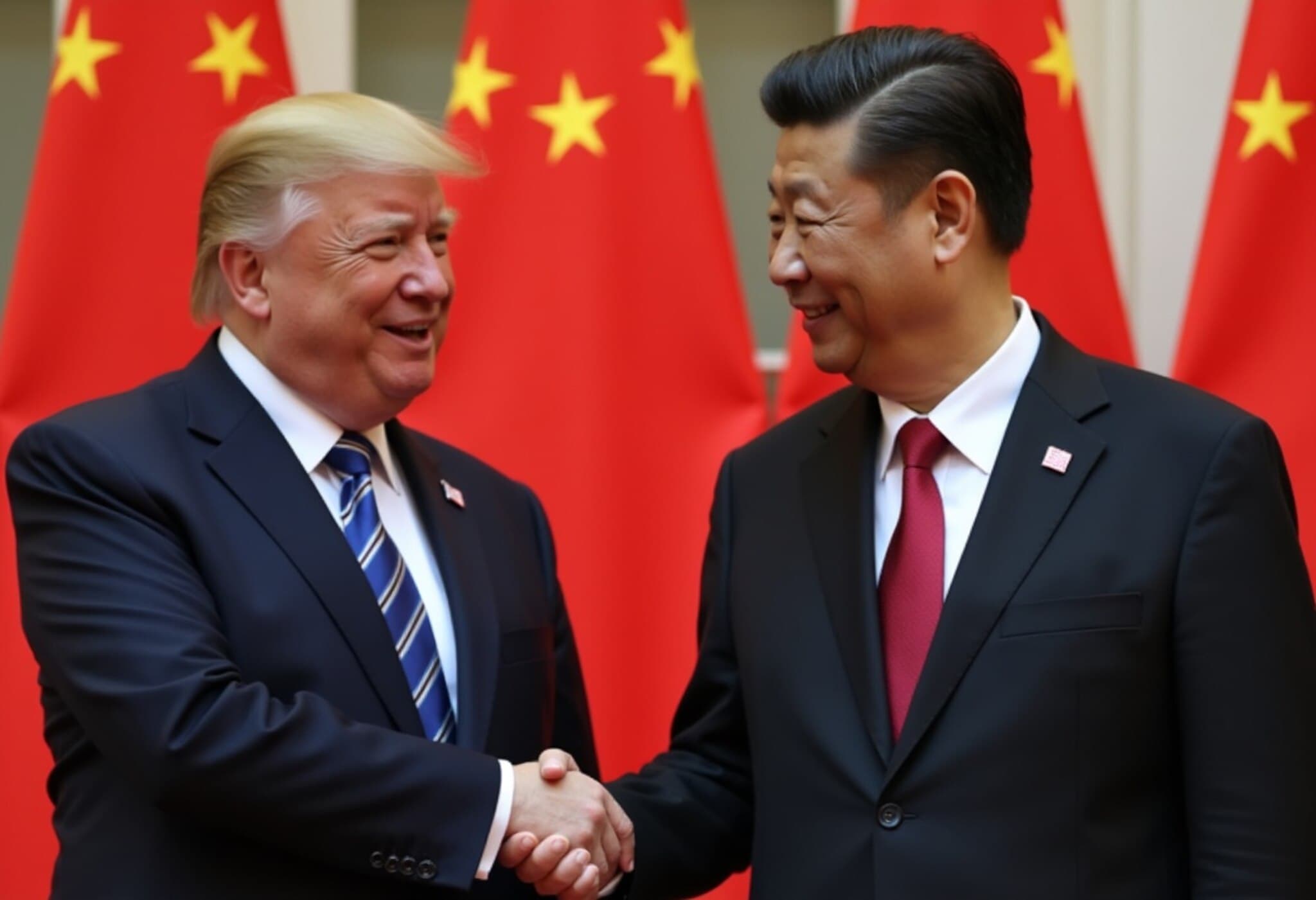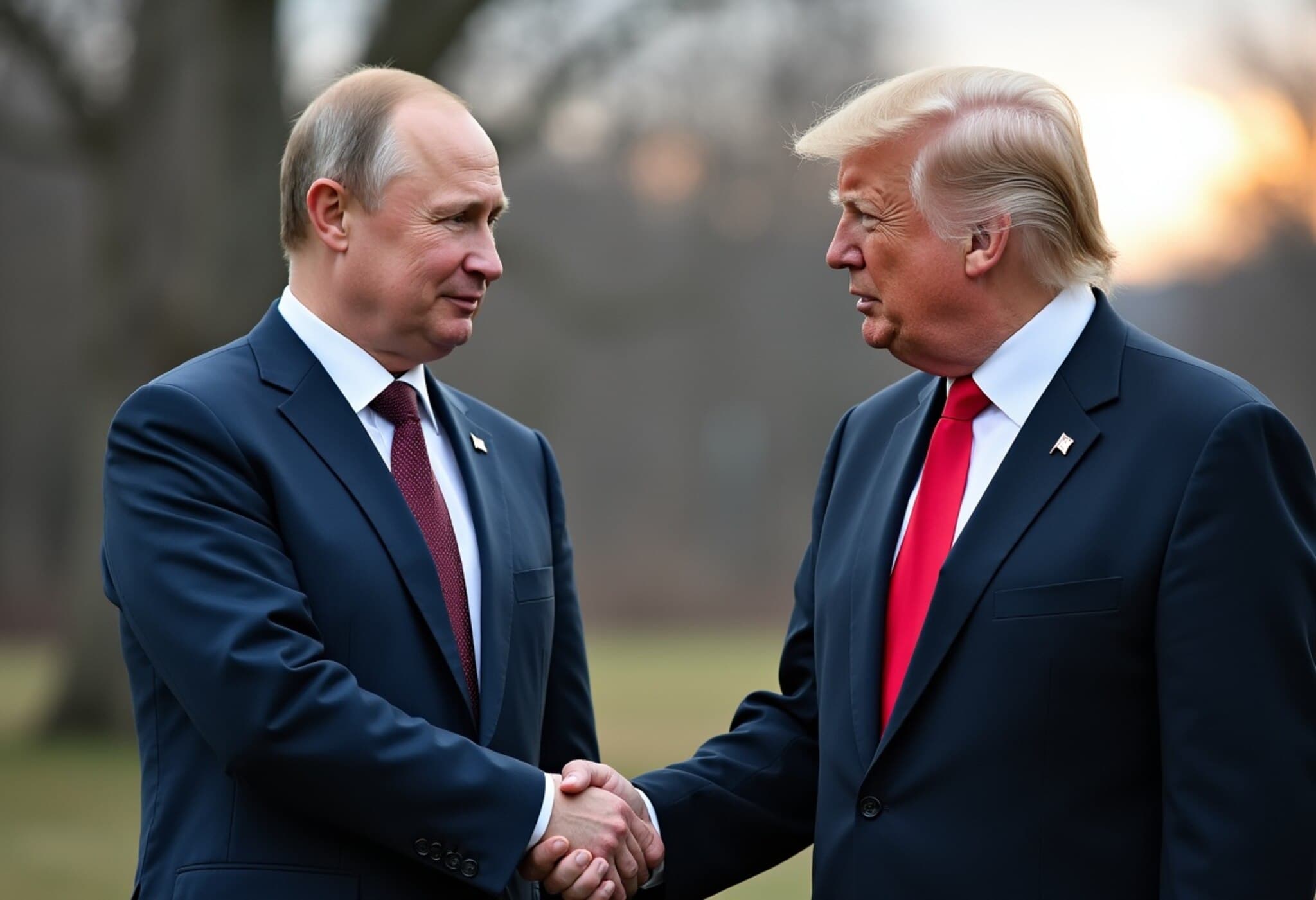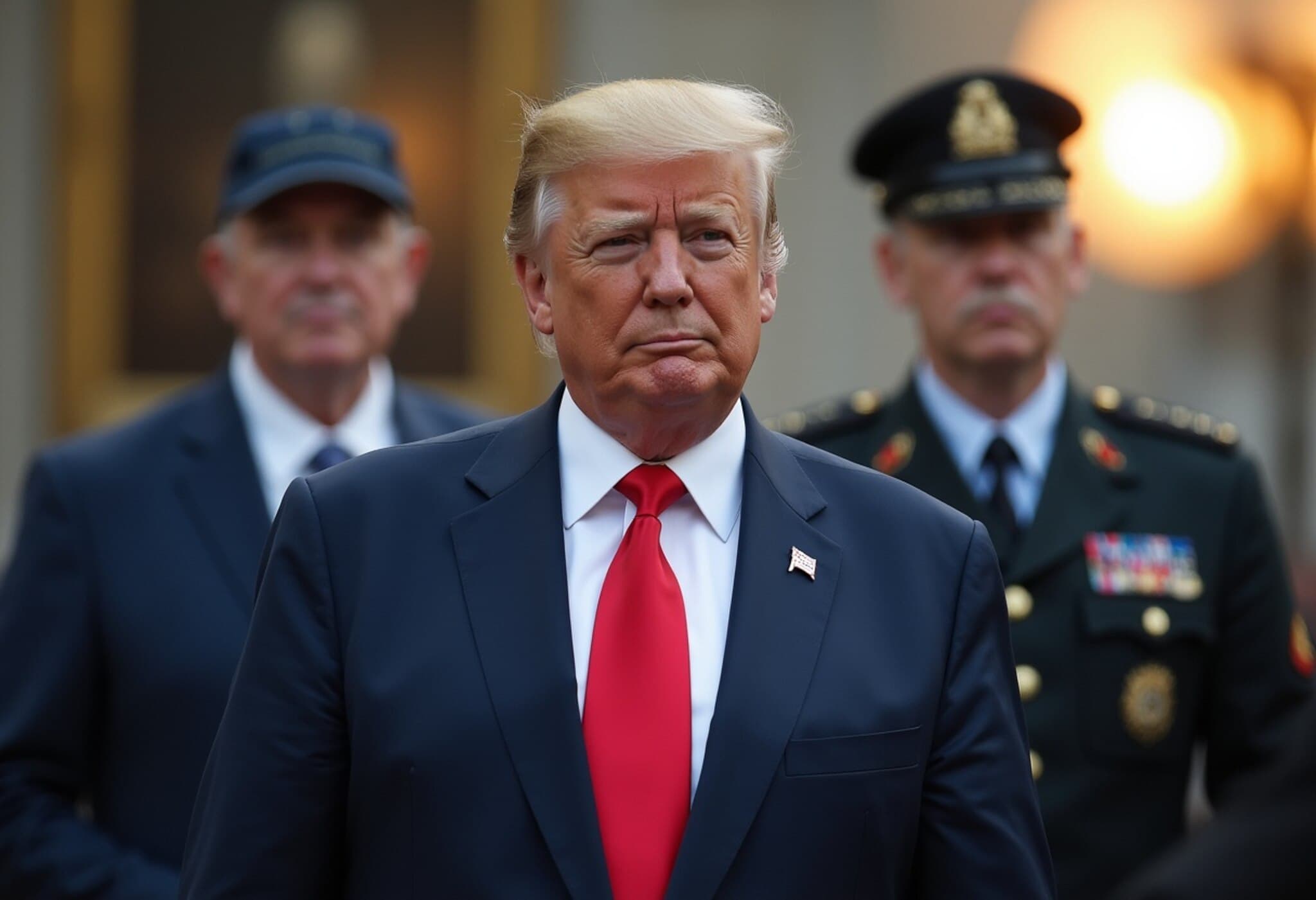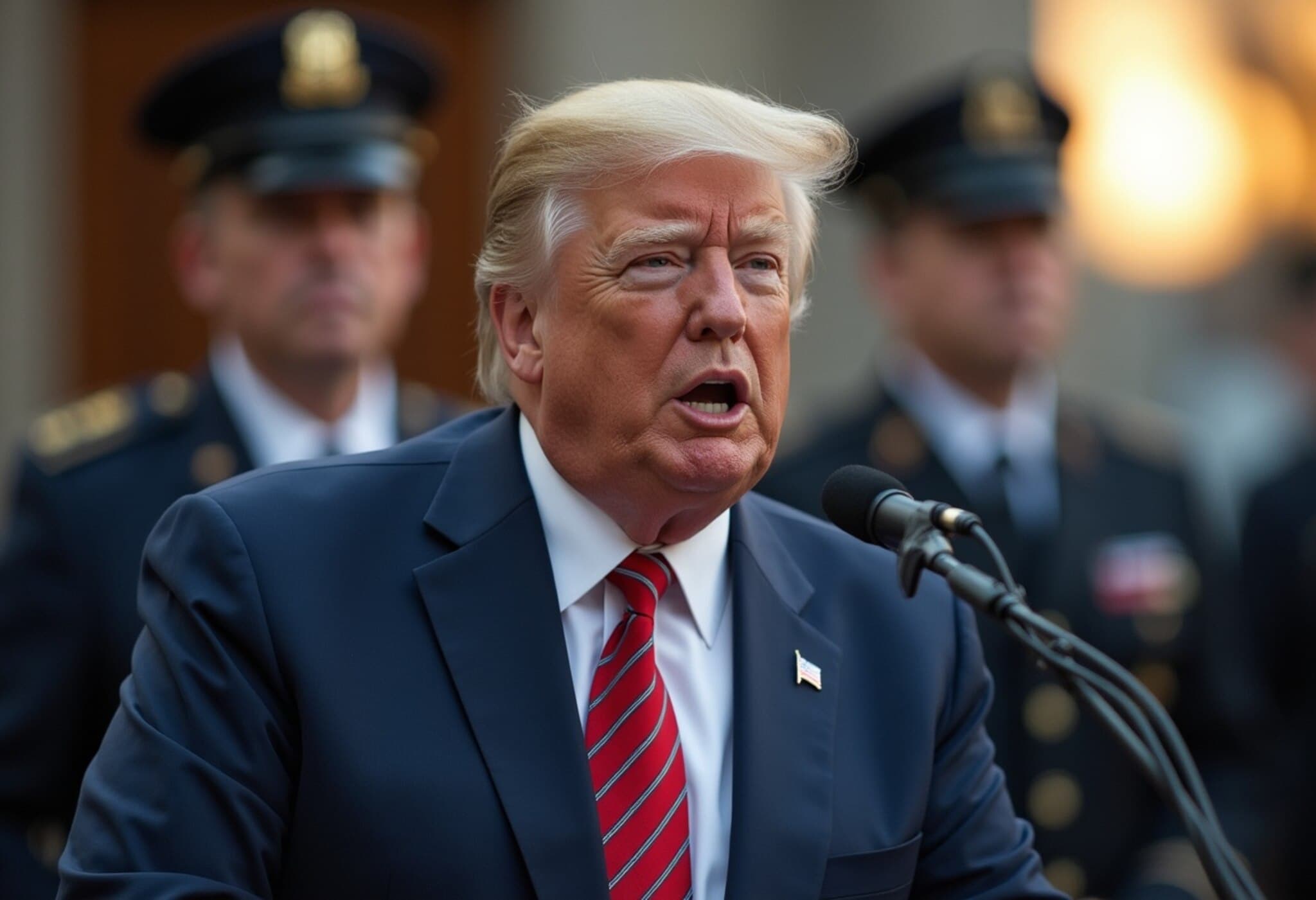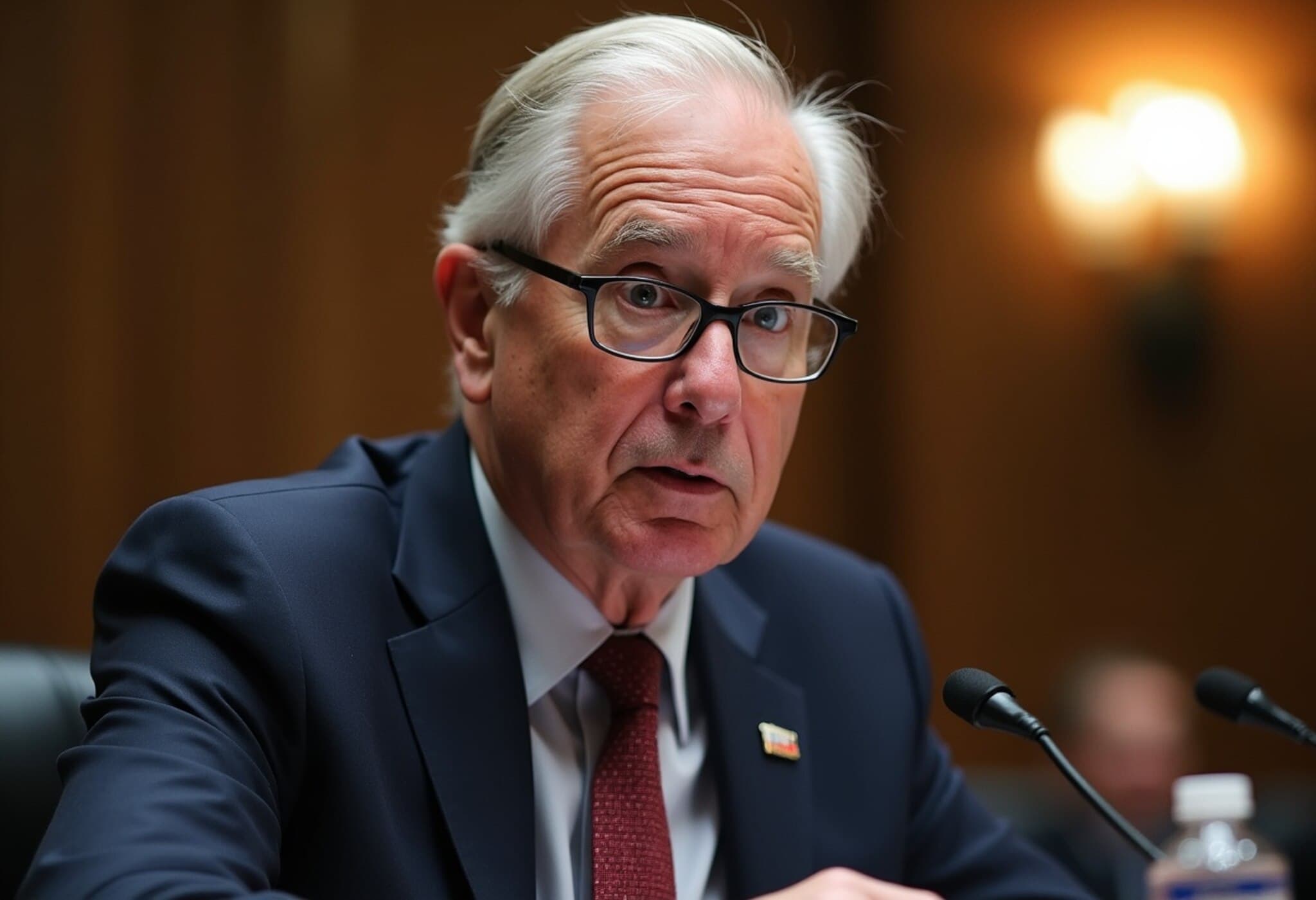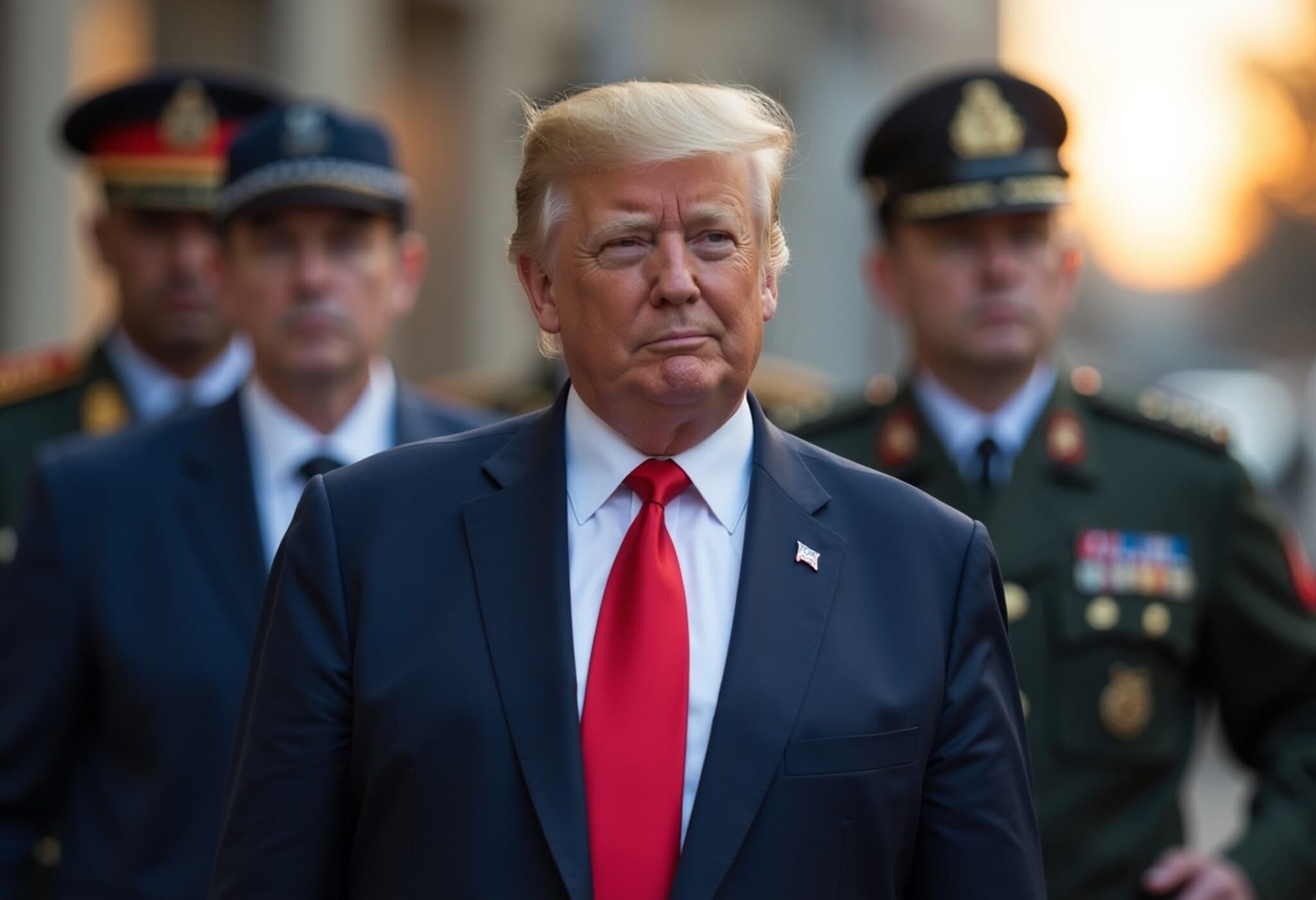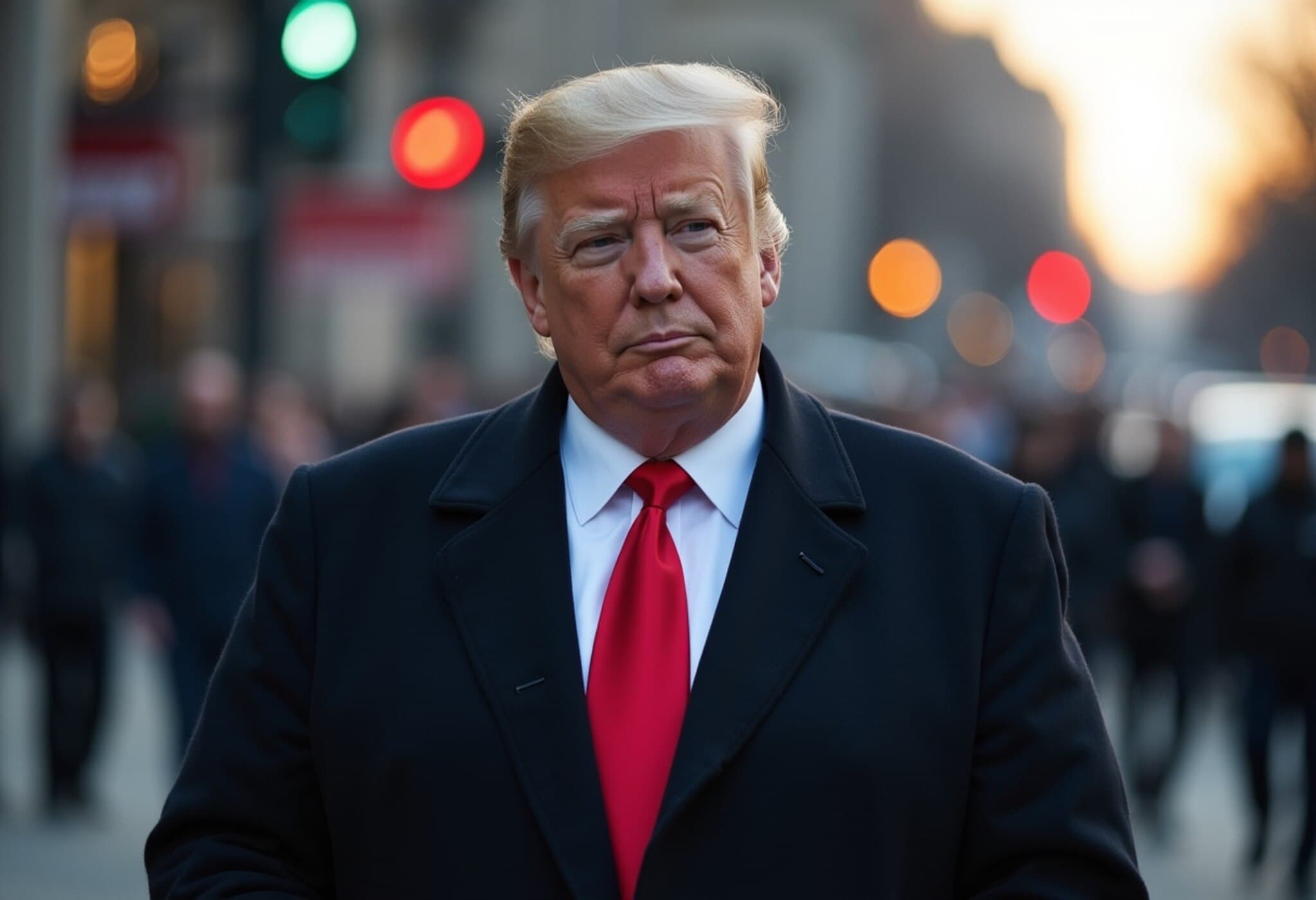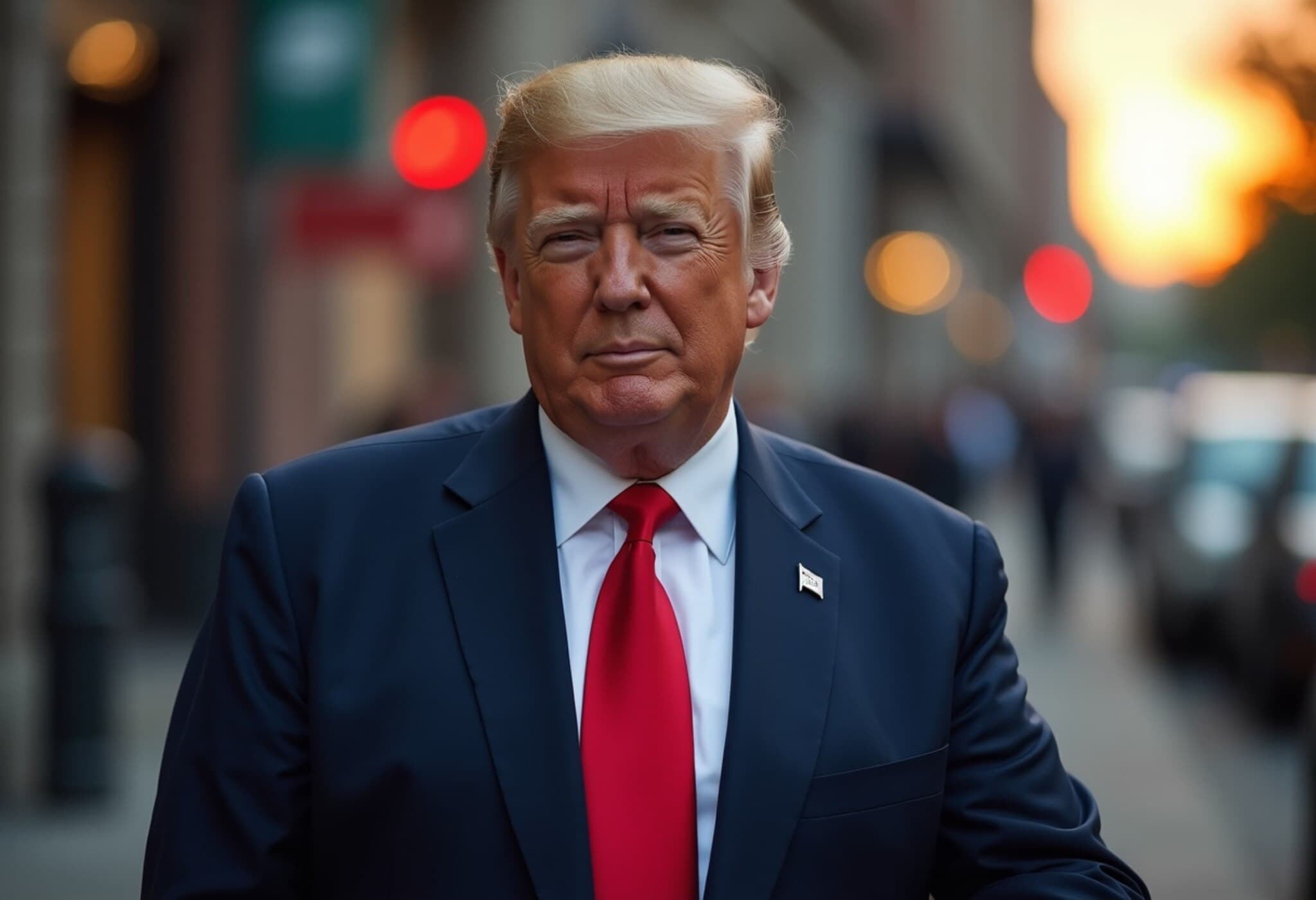Ukraine's Ambassador to the US, Oksana Markarova, Set to Be Recalled
In a significant diplomatic reshuffle, Ukrainian President Volodymyr Zelenskyy has announced plans to recall Oksana Markarova, Ukraine’s ambassador to the United States. Markarova, widely recognized as one of Ukraine’s most effective and charismatic diplomats, faces growing criticism from Republican leaders in Washington ahead of the 2024 US presidential elections.
Diplomatic Rotation or Political Fallout?
Foreign Minister Andrii Sybiha clarified that the recall aligns with the standard rotational cycle for diplomats, a common global practice to refresh diplomatic posts after several years. Sybiha applauded Markarova’s four years of service, calling her "extremely effective, charismatic and one of our most successful ambassadors." He also noted that several other Ukrainian ambassadors in key G7 and G20 nations are scheduled for similar rotations.
Behind the GOP Criticism: Political Tensions in Washington
Despite official framing, Republican backlash appears to have intensified political pressures behind the scenes. Key GOP figures, most notably House Speaker Mike Johnson, have publicly challenged Markarova’s perceived partisan alignment. Johnson accused her of leaning in favor of Democratic candidates—including Vice President Kamala Harris—thus straining bipartisan support for Ukraine amid increasingly polarized US politics.
Markarova’s tenure has had its share of high-profile controversies. A memorable, and widely circulated, photograph captured her looking distressed during a turbulent Oval Office meeting between Zelenskyy and former President Donald Trump in February 2024. Further criticism came last September when she organized an exclusive visit for Zelenskyy to a shell manufacturing plant in Pennsylvania where no Republican lawmakers were reportedly invited, fueling calls from GOP representatives for her removal.
Diplomatic Implications for US-Ukraine Relations
Zelenskyy reportedly informed President Joe Biden of the ambassador’s imminent recall during what Ukraine termed their "most constructive phone call to date," signaling an attempt to manage potential fallout delicately with the US administration. The replacement of such a high-profile envoy highlights the intricate balance Ukraine must maintain to secure bipartisan American support crucial to its ongoing conflict with Russia.
Context: Ongoing Conflict and Its Diplomatic Dimensions
The ambassadorial shift occurs against a backdrop of continuing hostilities in Ukraine. Early Thursday, Kyiv was struck by Russian missile attacks, resulting in at least 11 injuries, underscoring the persistent volatility in the region. Mayor Vitali Klitschko and Kyiv’s military administration warned of ballistic missile threats amid active defense responses.
Expert Insight: The recall of Ambassador Markarova illuminates the challenges Ukraine faces in navigating foreign relationships during wartime, especially in an election year within a key ally nation like the US. Diplomatic appointments are not only symbolic but also strategic assets in securing military and economic aid, shaping international narratives, and rallying global solidarity.
What Lies Ahead for Ukraine's US Diplomacy?
- New Ambassador Selection: Ukraine will likely appoint a diplomat capable of mending GOP relations to sustain bipartisan congressional support.
- Bilateral Cooperation: Continuity in US aid will depend on transparent, politically sensitive diplomacy steering through America’s internal divisions.
- Diplomatic Style: The new envoy’s approach must balance advocacy with political neutrality to maximize influence in the US policymaking arena.
Editor’s Note
As Ukraine continues to grapple with the existential threat posed by Russian aggression, its diplomatic maneuvers to maintain robust support from the United States come under sharper scrutiny. The recall of Oksana Markarova signals not only routine diplomatic rotation but also the intricate political game in Washington amid an election year. This story raises critical questions: How will Ukraine reshape its diplomatic playbook to preserve crucial alliances? Can it navigate the ideological divides within US politics to secure long-term bipartisan backing? Observers should watch closely how these personnel changes affect Kyiv’s influence on Capitol Hill and ultimately, the course of the conflict itself.

